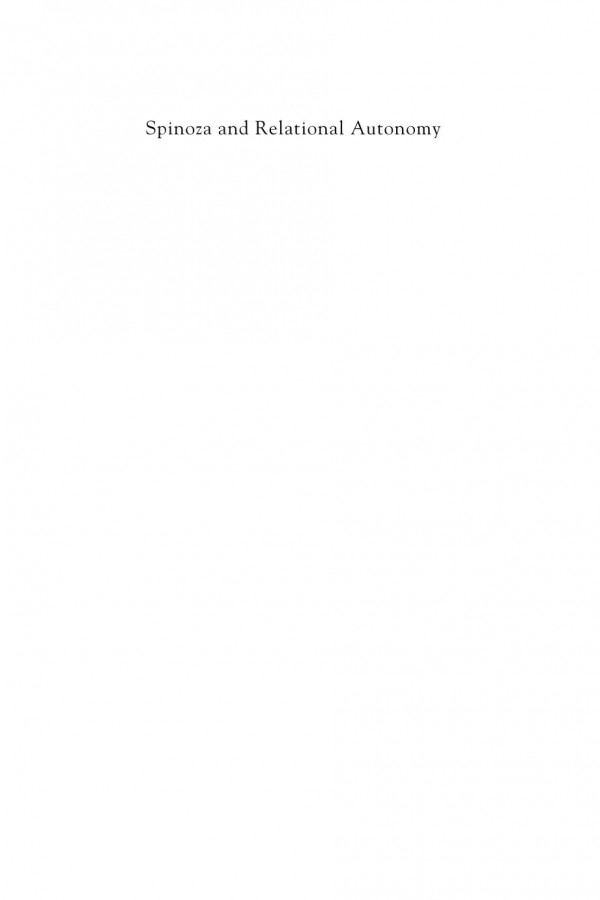

Most ebook files are in PDF format, so you can easily read them using various software such as Foxit Reader or directly on the Google Chrome browser.
Some ebook files are released by publishers in other formats such as .awz, .mobi, .epub, .fb2, etc. You may need to install specific software to read these formats on mobile/PC, such as Calibre.
Please read the tutorial at this link: https://ebookbell.com/faq
We offer FREE conversion to the popular formats you request; however, this may take some time. Therefore, right after payment, please email us, and we will try to provide the service as quickly as possible.
For some exceptional file formats or broken links (if any), please refrain from opening any disputes. Instead, email us first, and we will try to assist within a maximum of 6 hours.
EbookBell Team

5.0
38 reviewsThe question of how to understand autonomy has emerged as a critical issue in contemporary political philosophy. Feminists and others argue that autonomy cannot be adequately conceived without taking into consideration the ways in which it is shaped by our relationships with others. This collection of 13 new essays shows what Baruch Spinoza can add to our understanding of the relational nature of autonomy. By offering a relational understanding of the nature of individuals centred on the role played by emotions, Spinoza offers not only historical roots for contemporary debates but also broadens the current discussion.
At the same time, reading Spinoza as a theorist of relational autonomy underscores the consistency of his overall metaphysical, ethical and political project, which has been clouded by the standard rationalist interpretation of his works.
Aurelia Armstrong, University of Queensland
Keith Green, East Tennessee State University
Matthew Kisner, University of South Carolina
Martin Lenz, University of Groningen
Catriona Mackenzie, Macquarie University
Heidi M. Ravven, Hamilton College
Ursula Renz, Alpen-Adria-University-Klagenfurt
Andrea Sangiacomo, University of Groningen
Justin Steinberg, CUNY
Ericka Tucker, Marquette University
Caroline Williams, Queen Mary University of London